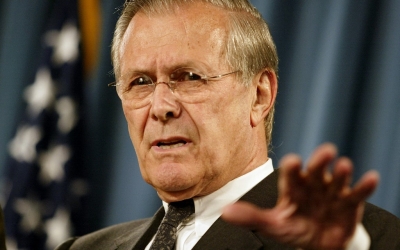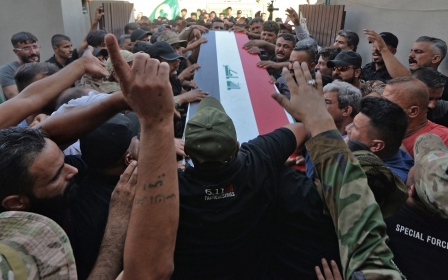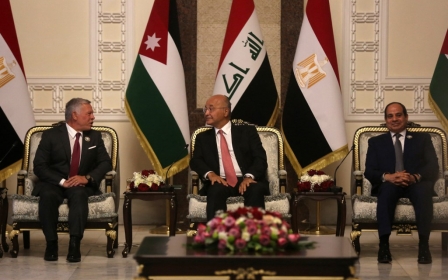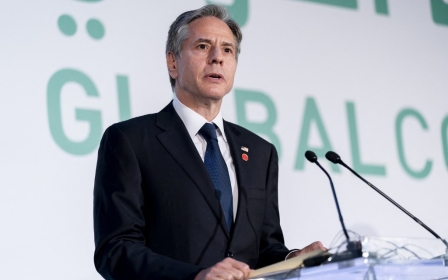Iraq: ICC urged to reopen case on UK war crimes
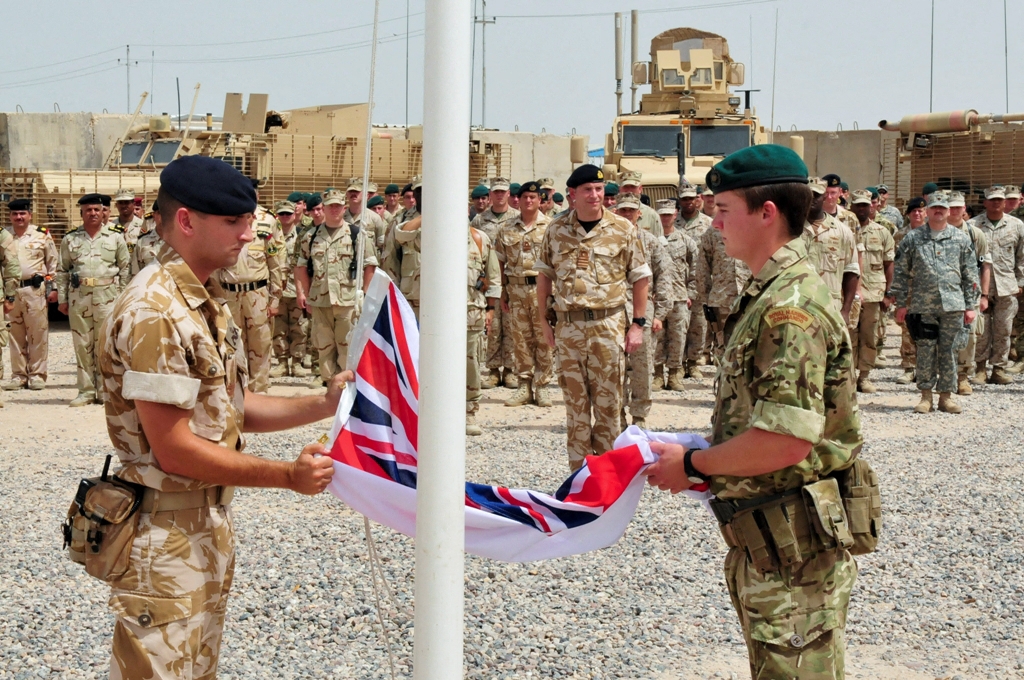
A European human rights organisation has called on the International Criminal Court (ICC) to reopen its investigation into war crimes committed by the UK in Iraq.
The European Center for Constitutional and Human Rights (ECCHR) submitted a request to the ICC on Thursday for a review of the decision by the body's chief prosecutor not to pursue an investigation.
They added that the request was also filed on behalf of Sabah al-Sadoon, an Iraqi national who was captured and tortured by UK soldiers in Basra.
Despite finding "reasonable basis" for allegations of war crimes against British soldiers in Iraq, then prosecutor Fatou Bensouda dropped a preliminary investigation, citing the UK's own efforts to investigate the conduct of its troops in the war.
The ECCHR, however, said the prosecutor's office had applied an "excessively high standard of proof regarding the UK’s unwillingness to prosecute alleged war crimes."
“Legal and factual errors led to the incomprehensible decision to close the preliminary examination into potential war crimes by UK forces in Iraq,” said Wolfgang Kaleck, general secretary of ECCHR.
“The prosecutor failed to give sufficient weight to critical facts like the allegations that British authorities actively covered up evidence.
"The UK remains unwilling to adequately investigate the crimes – so the ICC must reopen investigations to prevent powerful actors, such as the UK, from getting away with grave crimes like torture.”
Sadoon, who had previously attempted and failed to have his case heard in the UK courts, was arrested and subjected to torture by British soldiers in Basra on 22 June 2003.
His case was dismissed by the UK's Service Police Legacy Investigations team in September 2020 who told him “there is no realistic prospect of any criminal charges being brought against any member of the UK Armed Forces and that it would not be proportionate to conduct further enquiries.”
In a statement, he said that he hoped that the ICC would help the British state escape impunity for the abuse he suffered.
“I expect the ICC prosecutor to reconsider the decision as important issues have not been dealt with thoroughly, such as responsibility of military commanders,” said Sadoon.
“Commanders have known about the crimes, they were not committed in secret. However, UK authorities did not investigate their responsibility and protected them from prosecution.”
The UK government has attempted to bring forward legislation in an attempt to prevent military officials being prosecuted for war crimes in Iraq, Afghanistan and other conflicts.
However, campaigning from human rights activists forced the government to drop plans to protect soldiers from prosecution in April.
Middle East Eye delivers independent and unrivalled coverage and analysis of the Middle East, North Africa and beyond. To learn more about republishing this content and the associated fees, please fill out this form. More about MEE can be found here.


